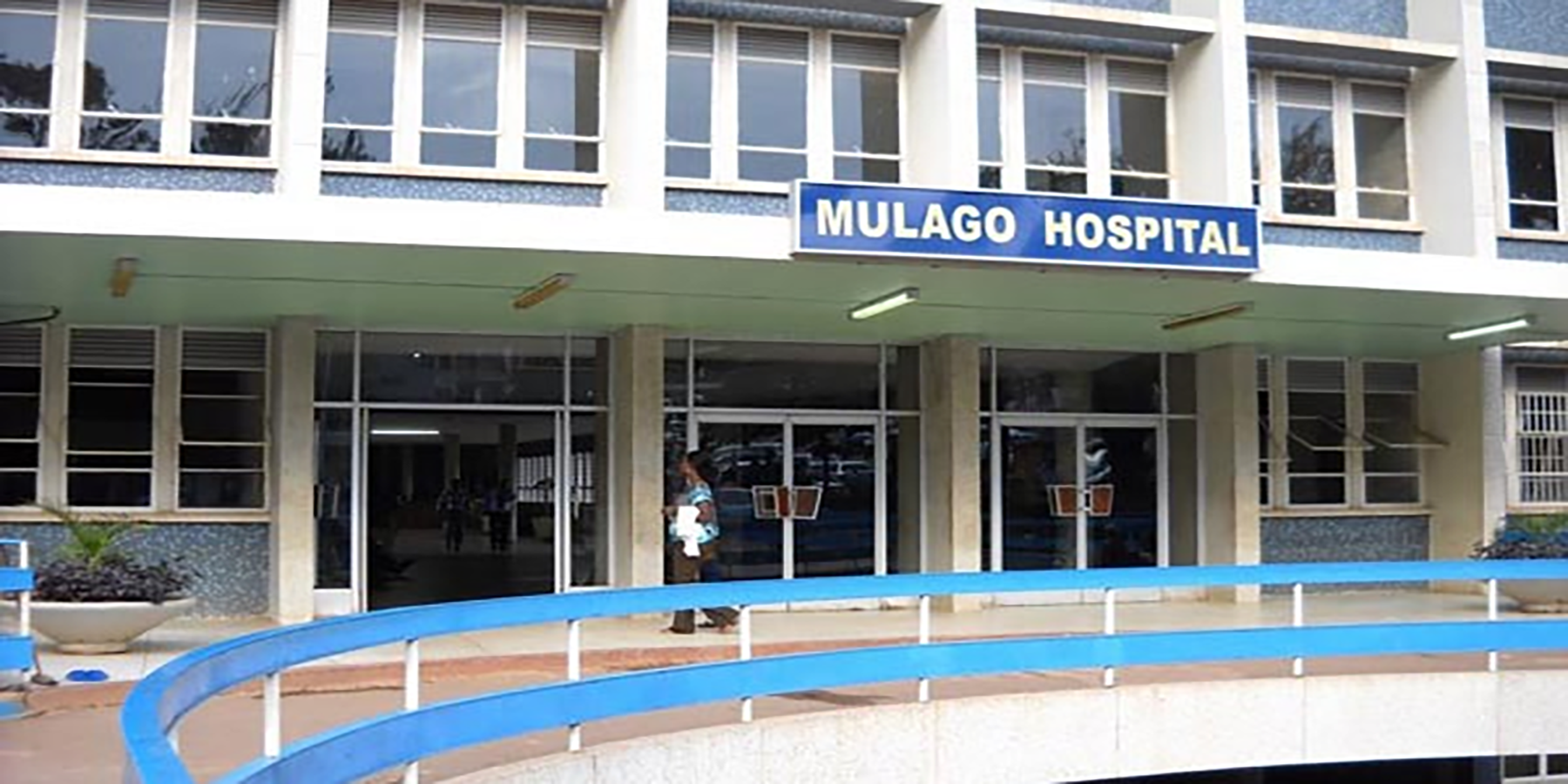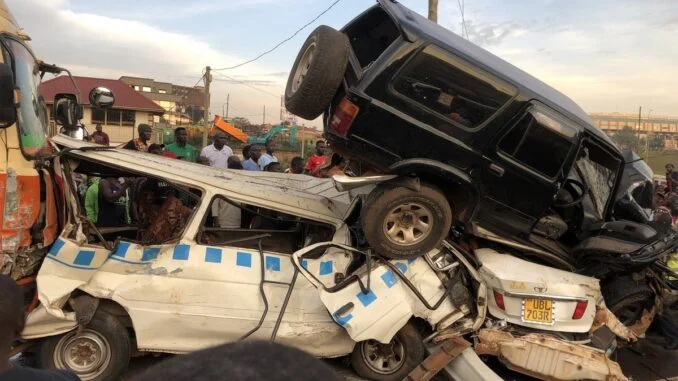Bridging the Divide: Striving for Harmony Amidst Noise Pollution in Uganda’s Religious Community
In the rich tapestry of Uganda’s spiritual landscape, the quest for harmony between religious expression and communal tranquility often encounters challenges. The recent narrative surrounding Pastor James Bisoboka, a respected leader within the Pentecostal realm, sheds light on the intricate dynamics of managing noise pollution within religious contexts while paving the way for constructive dialogue and resolution.
Proverbs 21:23’s timeless wisdom, “Whoever guards his mouth and tongue keeps his soul from troubles,” reverberates profoundly in Pastor Bisoboka’s journey. Detained for noise disturbances originating from his church, his experience serves as a poignant reminder of the delicate balance required to uphold spiritual fervor while respecting the peace of the community.
The initial encounter in July 2023 ignited dialogue between law enforcement and religious leaders, emphasizing the importance of empathy and collaboration. However, Pastor Bisoboka’s subsequent evasion and eventual apprehension underscore the complexities inherent in enforcing noise regulations within Uganda’s diverse religious landscape.
As events unfolded, they catalyzed broader societal discussions. President Museveni’s response, prompted by advocacy from Bishop David Kiganda, reflects a commitment to addressing the issue while fostering dialogue among stakeholders.
The president’s inquiry into the significance of nocturnal worship prompts reflection on the intersection of faith and community well-being. It invites religious leaders to explore alternative approaches that honor spiritual devotion while ensuring peace for all.
In response, Bishop Kiganda’s call for self-regulation within religious communities underscores the importance of internal accountability. Empowering religious leaders to proactively address noise disturbances fosters a culture of mutual respect and responsibility.
However, bridging the gap between regulatory standards and operational realities remains a challenge. The disparity between legal noise limits and practical considerations within religious settings underscores the need for innovative solutions and ongoing dialogue between authorities and religious leaders.
Despite these obstacles, progress is within reach through collaborative efforts. Dialogue between Nema officials and religious leaders exemplifies a commitment to finding common ground and exploring adaptive strategies to mitigate noise pollution.
Ultimately, Pastor Bisoboka’s narrative serves as a catalyst for broader discussions on the convergence of faith, community cohesion, and environmental stewardship. It calls upon all stakeholders to seek understanding, promote empathy, and embrace solutions that honor both spiritual expression and societal peace within Uganda’s diverse spiritual landscape






